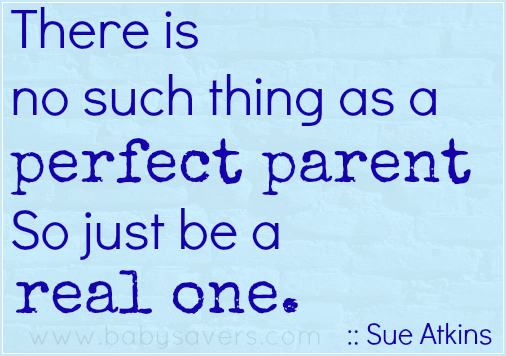“Why do I have a penis?” Nicky asks, perfectly timed with my first gulp of coffee of the morning. Of course, big brother is cracking up, food shooting out of the sides of his mouth, while I’m trying to breathe and not make the news as the first person to choke to death on a sip of coffee. It’s not that I’m shocked by his question–rather, just caught off guard. Nicky asks all sorts of questions that his older brothers never even thought to ask. He is a natural investigator, never accepting trite answers such as “Because,” or “That is the way it is.” He stretches me in so many ways and beyond any other person on this planet. I love that about him!
Engaging regularly in the arena of “difficult conversations,” we have chatted about drugs, alcohol, death, racism, sexual anatomy (obviously), why the neighbor’s dog was humping his leg, diabetes, God, why friends will sometimes be mean, and everything else in between. Did I mention Nicky is seven? Nicky has broken the barrier of awkward, uncomfortable conversations and has morphed them into one continuous, casual conversation. By sheer volume, I have become less surprised and uncomfortable with the topics that pop up. Perhaps this is the foundation for significant conversations during the teen years.
Questions from our children about drugs, sex, death, and life in general often elicit prickly responses from parents and teachers: “Just say no,” or, “The stork dropped you off.” But why is it so difficult to talk with our kids about these topics? We may be dealing with our own fear, ignorance, or guilt. Maybe we do not feel we can provide the best answers and redirect inquires. Maybe there has been a battle with an addiction, and residual guilt or shame blocks the avenue to open communication. A few generations ago, people feared that conversations about sex would open the door to children having sex, and some still feel that way; however, fear, guilt, and shame should be overcome, because these conversations or a lack of dialogue shape the way our children make choices.
There are a few reasons why I encourage difficult conversations. First, the “difficulty” is usually all mine, not my child’s, and I need to get out of my own way, because, if I don’t show up for those conversations, someone else or something else will. In a time when kids have mega exposure to all kinds of information and images at the swipe of a finger, it is beyond important to lean into those challenging conversations and be the forerunner of information. Second, I want to be the safe person that my children trust, giving them the freedom to talk freely without fear of rejection in an open, yet age-appropriate, dialogue.
At the end of the day, the goal of difficult conversations should be to answer questions honestly: Don’t lie; keep them age appropriate; impart knowledge; and–most importantly–build a secure relationship with our kids. Never easy, but totally worth it!
Join TURNING STONEchoice this Friday, February 21 for a FREE Parent Workshop at Mathnasium in Cherry Hill @ 6:30-8:30. For additional information please follow this link for more details.
http://events.r20.constantcontact.com/register/event?oeidk=a07e8u594mmbf4cd55f&llr=4hspbwlab&showPage=true
~Sammy @TURNING STONEchoice
For more information on TURNING STONEchoice and its process, visit http://www.turningstonechoice.com
